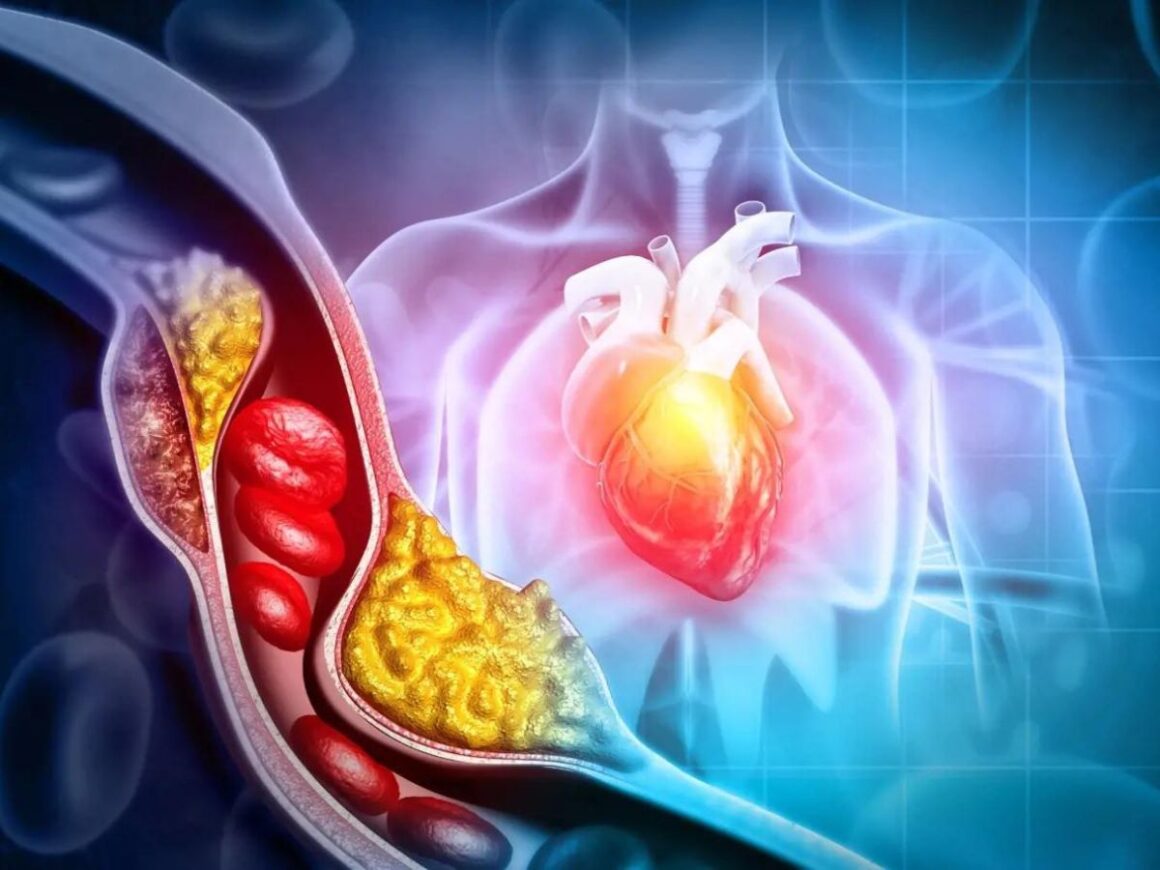New Delhi, 12 November 2024: A recent research has highlighted a worrying link between high cholesterol levels in young people and the risk of developing atherosclerosis as they grow older.
A recent study conducted by researchers focused on analyzing cholesterol levels in children and their impact on cardiovascular health as they matured. The findings showed that young individuals with high cholesterol were much more likely to encounter atherosclerosis in later life. This condition involves the buildup of fats, cholesterol, and other substances on artery walls, which can cause severe cardiovascular problems like heart attacks and strokes. The results emphasize the necessity for early monitoring and intervention to avoid serious long-term health issues.
How Does High Cholesterol Affects the Heart Arteries?
Understanding how high cholesterol affects the arteries is crucial. Cholesterol—a waxy substance in the blood—is something the body needs to create cells, but too much of it can lead to the formation of plaque in the arteries. This plaque narrows the arteries, impeding blood flow and elevating the risk of heart diseases. The study indicates that the earlier a person develops high cholesterol, the more likely they are to suffer from serious damage to their arteries. This knowledge is essential for healthcare professionals seeking ways to implement preventive measures for those at risk.
Risk Factors: What Contributes to High Cholesterol?
High cholesterol in children can stem from multiple sources, including genetics, diet, and lifestyle habits. Diets rich in saturated and trans fats, along with high cholesterol, can significantly raise cholesterol levels. Additionally, a lack of physical activity can worsen this situation. Other contributing factors include obesity, diabetes, and a family history of heart disease. Recognizing these risk factors is key to creating targeted strategies that can help lower cholesterol in children and reduce their chances of developing atherosclerosis.
Prevention: Strategies for Healthier LDL Levels
Preventing high cholesterol in children requires a comprehensive approach. Parents and caregivers have a pivotal role in promoting healthy eating habits. Including plenty of fruits, vegetables, whole grains, and lean proteins in everyday meals can help keep cholesterol levels in check. Moreover, encouraging kids to engage in regular physical activity—such as sports or outdoor play—can greatly reduce the likelihood of obesity and associated health issues. Regular health check-ups with cholesterol screenings are also necessary for early detection and intervention.

